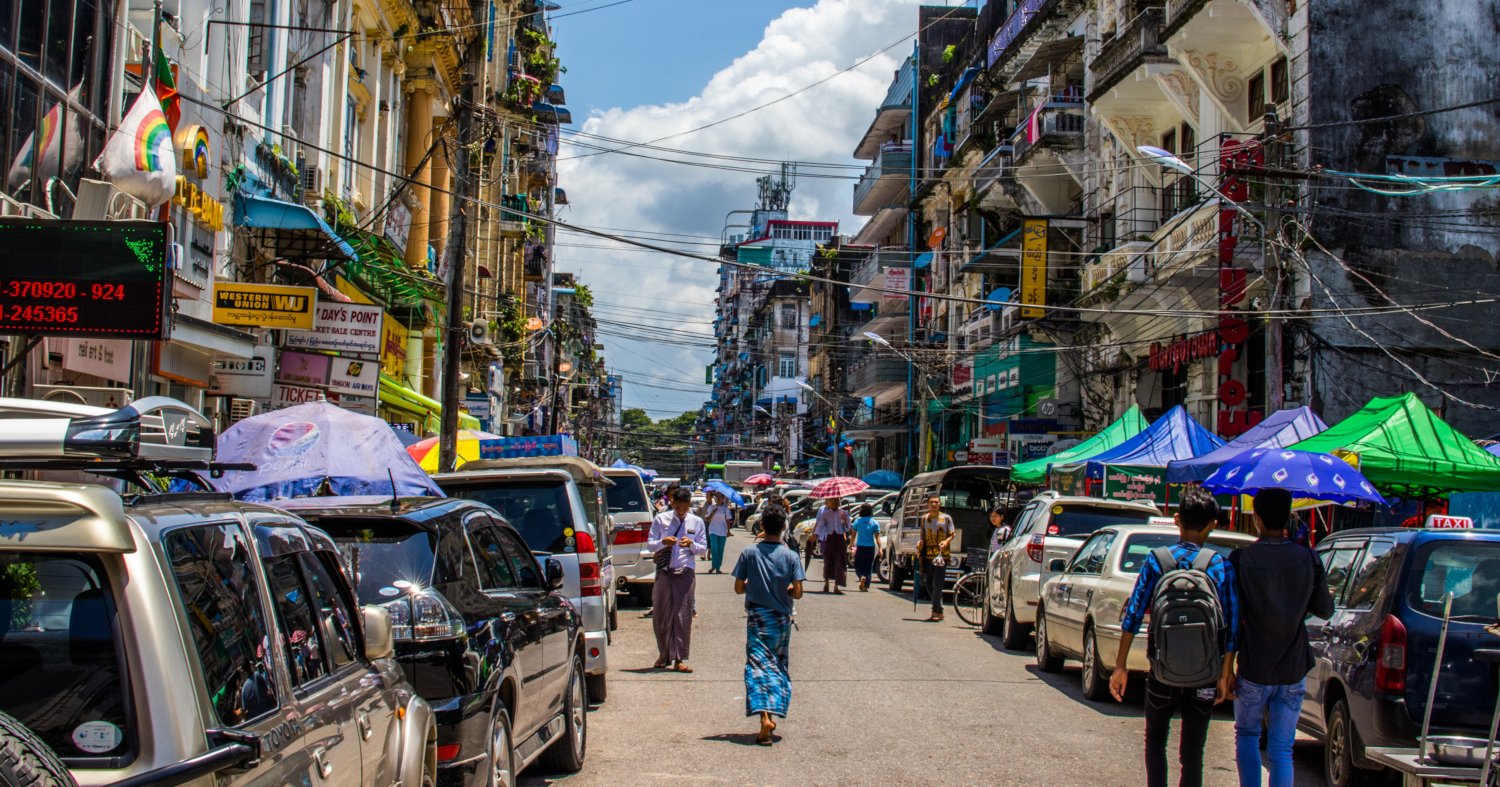Myanmar: Foreign investors continue to disinvest amid rising reputation and sanctions risks and the intensifying domestic conflict

Event
Oil majors TotalEnergies and Chevron announced they would withdraw from the Yadana offshore gas project. Their decision was motivated by the deterioration of Myanmar’s rule of law, high pressures from human rights activists and rising western sanctions risk targeting junta-controlled companies.
Impact
Pressures on businesses active in Myanmar are growing. Since the large protests and wide civil disobedience that followed the February 2021 military coup, many foreign investors have gradually suspended their activity (notably in the garment sector) or divested from the country (e.g. Norway’s telecom giant Telenor or French EDF). The exit of the two big western hydrocarbon groups is an important symbolic and financial step. Firstly, TotalEnergies’ exit without compensation – while the company has been active in the country since 1992 – shows how severe the political situation is and that the prospect of any improvement is grim. Secondly, it is a signal that, faced with rising reputation and sanctions risks, other foreign investors (e.g. Japanese beer group Kirin) could leave the country. Thirdly, this decision could negatively hit the military junta as gas revenues bring them valuable hard currency. Even though TotalEnergies and Chevron’s shares may be taken over by remaining joint venture partners – namely junta-controlled Myanma Oil and Gas Enterprise (MOGE) and Thaï PTT Exploration and Production (PTTEP) –, external pressures on foreign investors still active in the country may continue to grow and result into a further narrowing of the country’s foreign exchange reserves. In the near future, MOGE – a large provider of foreign currency for the country – may join other junta-owned companies targeted by US and EU sanctions. As a counter-measure, the junta agreed as of this year to settle its bilateral trade with China in renminbi , and in order to support its economic resilience beyond the political crisis, the junta will certainly aim for a trade and investment expansion with China.
Meanwhile, on the ground, the army has intensified its attacks against rebel ethnic groups around border areas and the People’s Defence Force (composed of civilian supporters) of the National Union Government (NUG). The deteriorating conflict, leading to thousands of internally displaced persons and refugees abroad (in India and Thailand), raises the prospect of a civil war if the junta does not manage to stabilise the country. Attempts at external mediation are not expected to deliver any tangible outcome as both sides stick to their position and the issue remains divisive abroad. This was evidenced in early January when ASEAN’s 2022 Chairman and Cambodian PM Hun Sen paid the first foreign visit to the junta leader since the coup. The meeting brought discontent from some ASEAN members for not having met the NUG representative as well. Politically, national icon Aung San Suu Kyi’s current four-year prison sentence – which could sharply increase as she is accused of many other criminal charges – aims at allowing the junta to neutralise any political role she could play in any potential future elections. In addition, after having tumbled by 18% in previous fiscal year (which ended in last September), the economy could contract again this year. This is the result of a series of negative developments – particularly the political crisis, the pandemic (exacerbated by low vaccination rollout, shortages of doctors and Covid-19 variants) –, falling export revenues, capital flight, hampered manufacturing activity, weak consumption, decreasing Kyat value (Myanmar’s currency has lost more than 30% since the state coup) and rising inflation pressures close to 7%.
In this uncertain and daunting political and economic context, Myanmar’s MLT political risk (6/7) outlook remains tilted to the downside. The same applies to ST political risk as foreign exchange revenue sources remain under downward pressure.
Analyst: Raphaël Cecchi – r.cecchi@credendo.com